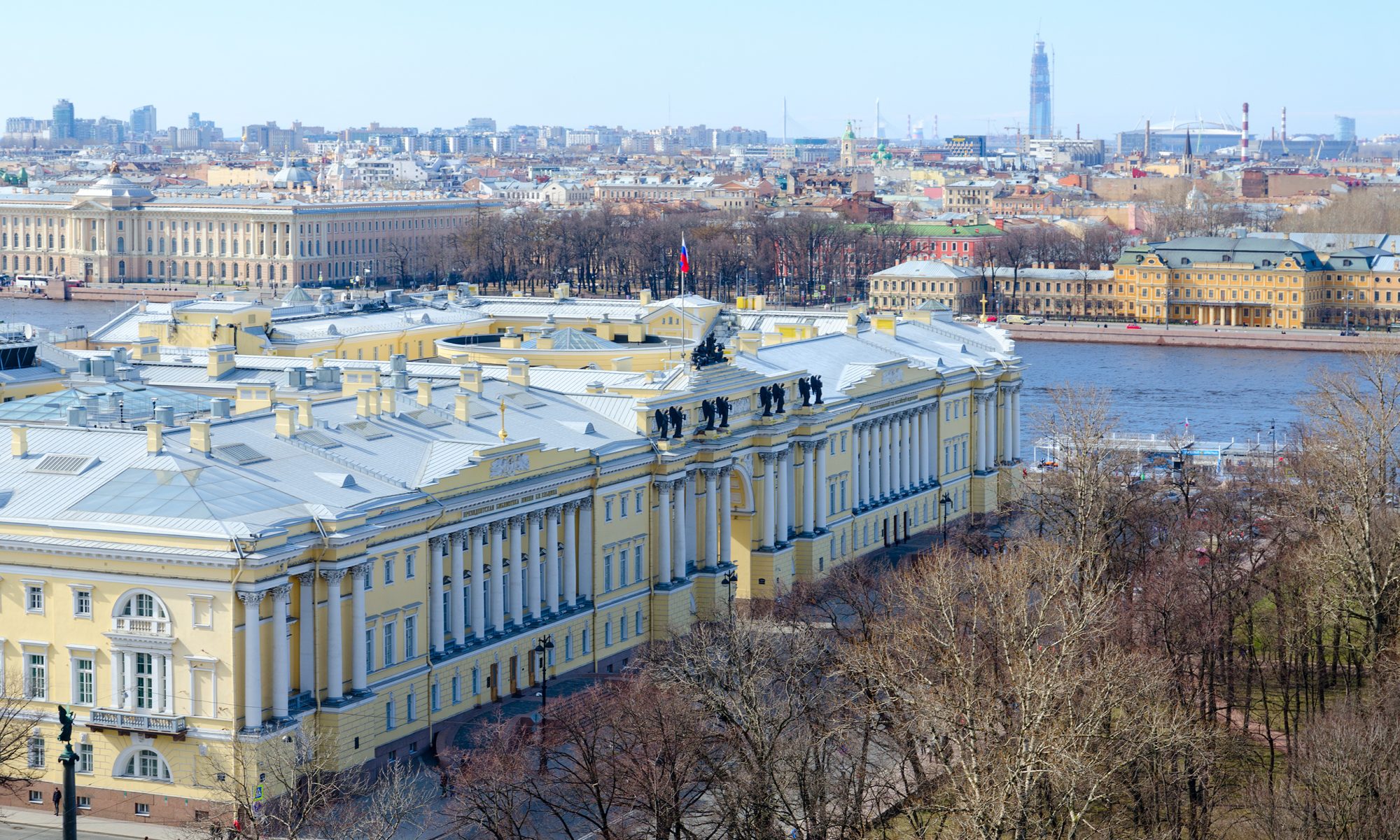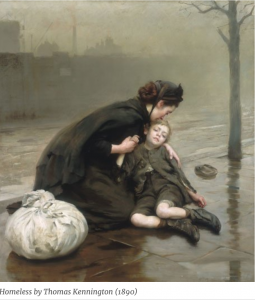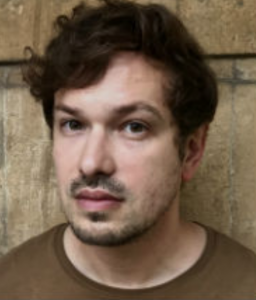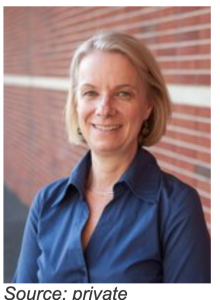Reposted from: https://www.elenacirkovic.com/post/a-sweater-or-how-to-perform-an-identity
A Sweater (or how to perform an identity)
Around 1989 someone somewhere in Sirogojno village in Serbia, knitted a sweater made of Shetland wool. The sweater had a very Nordic appearance with Sami colours of bright blue, red, white, yellow, very different from the local beige, grey, and brown.
My parents bought this sweater for me in 1989 in a small boutique shop on Zlatibor (Goldpine) mountain. We used to stay at the mountain resort almost every summer. The sweater was expensive and much too big for me. It went all the way down to my knees, almost like a dress, but as always, the theory was that I would “grow into it”.
I should say that I liked my new sweater very much.
When the war finally reached Sarajevo in 1992, we were not quite prepared to leave. For the first time in recent European history, having a Jewish background, appeared to be a positive thing. My father received a notice from his former professor that the Jews of Sarajevo were being evacuated. I believe the notice gave us about a day to pack and leave, perhaps even less.
For some odd reason, even before the war started, I often did a mental exercise of what I would take with me in case of fire, earthquake, or war. The list changed year to year, as did my priorities. My backpack in 1992 consisted of an odd array of things, including some dolls, cassettes, one or two books from my extensive collection, and a book of pressed flowers. When we were ready to leave it was still cold enough for me to wear my sweater and it did not need to occupy the space of our bags.
I left for the airport with my mother and sister. My father was to join us later. We waved goodbye to our grandmother, who nonchalantly stated that we would see each other in few weeks, as there was no way that her 1940s experience would be repeated in the 1990s (talk of belief in human progress), and we were off. I do not remember many details about this airport, but I do remember many Americans, military, some other important-looking people, and lots of seniors on our bus. We waited on that bus for a long time. I was the only person standing because I was “the youngest and strongest”…
The military plane had no seats, so we crouched on its floor. It was incredibly fast and efficient as it flew us over to Belgrade. All sorts of things happened in Belgrade. We even got to meet Eli Wiesel.
About a year later, many refugee “camps”, borders, and moves, we were to move to Canada. My father located some distant relatives in the US, who in turn, had a relative in Canada. They were our sponsors. I recently read in the news that the same synagogue that hosted us, is now sponsoring some Syrian refugees.
When we left Belgrade in 1993, all I remembered was the winter and my panic. It was cold enough for me to wear my sweater, and again, save space in the luggage.
After some very pointless crying and protestation in another airport, I boarded the plane bound for Toronto.
On the Frankfurt-Toronto leg, my mother and I sat behind a fairly large man with a shaved head who kept looking over at me from time to time, as if he wanted to start a conversation. My thirteen-year-old brain did not register much, but I did think he was weird. At some point, my mother went to the loo. The weirdo now turned around to talk to me. He discovered I spoke English, and showed me some photos of naked women and asked some questions. Apparently, he was returning to Canada from Bosnia. He stopped talking as my mother reappeared, and I said nothing to no-one.
I had no idea, even in 1992, why I seemed to constantly meet such men. Some were the French-speaking UN soldiers in one of our temporary residences in northern Serbia; a small city called Pancevo, which was to be extensively bombed by NATO in 1999. For a short while in 1992-1993, a hotel in Pancevo became known as the Jewish hotel.
Eventually, we arrived in Toronto in the winter of 1993. We were picked up by a Russian Jewish social worker in a large black minivan. This was the first time I saw such a vehicle, and it looked like a hearse. As we were being greeted, it became clear that I had the best command of English among us newbies. This is why I also remember the following questions: “Your parents are very young. And you are dressed very well.” As the woman touched my sweater, she asked, “is this real wool, this looks like a very expensive sweater?”
I do not remember my answer. I was probably ready to say that it was indeed very expensive. How was I to know that this was really the wrong answer for that context? I was always too tall for my age and looked very healthy despite endless and debilitating chronic illnesses. I wore jeans, my sweater, and leather winter shoes. I do not think that in all of their life my parents were ever asked to dress down for any reason. Not that in their obsession for “casual sportswear” and “modern minimalism” they would even be considered as “dressed up”, but we were all utterly ignorant of the need to look as destitute as possible.
I continued to wear that sweater throughout the winters of Toronto, in high school, and eventually at the university. By then, it suited me properly and was no longer a giant sweater-dress. It was associated with me, because I was the only one in the class wearing this Nordic combination of blue, yellow, red, and white, and it also properly non- essentialized the Bosnianness of my name, accent, and everything else. It was my strategy of confusion: I was a Bosnian refugee who looked and dressed like a Swede (or whatever a Swede presumably looked like in Canadian imagination).
By the time I was in graduate school, the sweater already started to look a bit frayed.
In my university dormitory, I wore it to breakfasts, dinners, and around the common facilities as I was battling my Ph.D. thesis. It was the Elena sweater, and nothing else. I could even pretend to be a Viking. But eventually, I had to put it aside, as it required a serious recovery process. I left it with some people while I traveled and moved about. Even if I was not always safe, the sweater would be safe with some other people. But the sweater was not safe. It was housed for as long as its owner was a performing exotic foreign visitor, with a refugee story. Once I was no longer perceived as the “Capecia” -form of entertainment, the people of the very white north had little interest in the regular existence of just “life”.
And so it moved on and on.
Since the sweater now looked very old, I deconstructed it into strands of wool and recycled them.

(photo of Umihana Čuvidina (1794 – 1870) a Bosnian poet https://en.wikipedia.org/wiki/Umihana_%C4%8Cuvidina )








 Images: https://commons.wikimedia.org/wiki/File:Ivan_Bilibin_-_illustration-for-the-tale-of-prince-ivan-the-firebird-and-the-grey-wolf-1899-6.jpg
Images: https://commons.wikimedia.org/wiki/File:Ivan_Bilibin_-_illustration-for-the-tale-of-prince-ivan-the-firebird-and-the-grey-wolf-1899-6.jpg